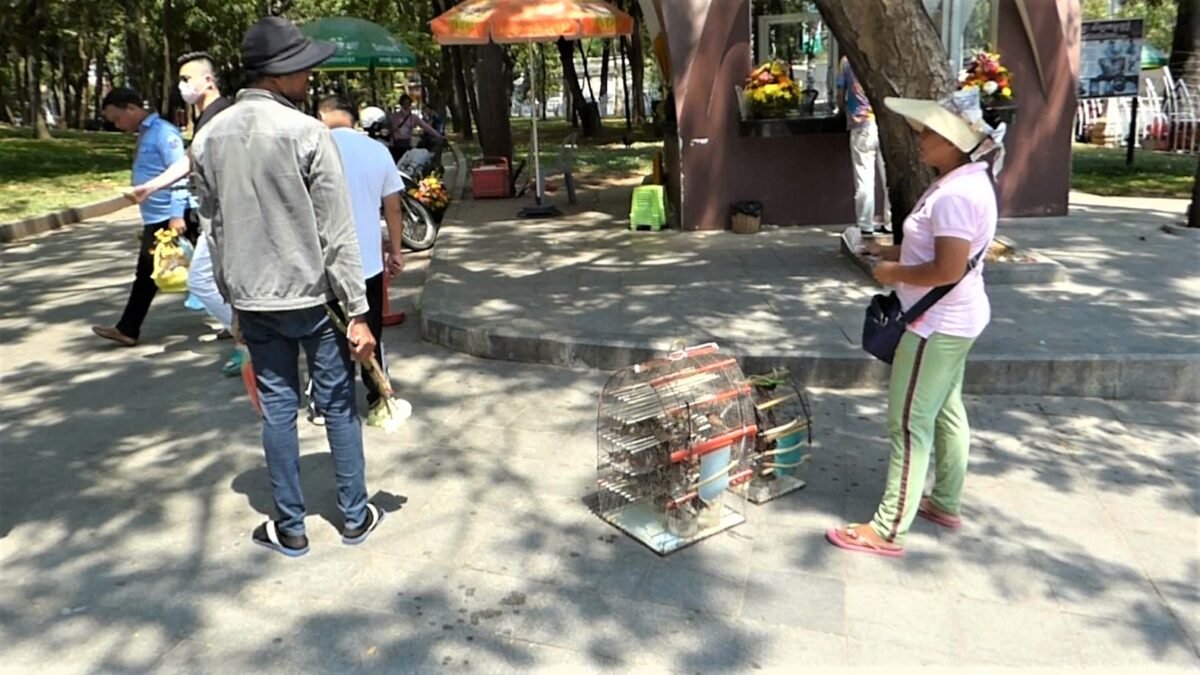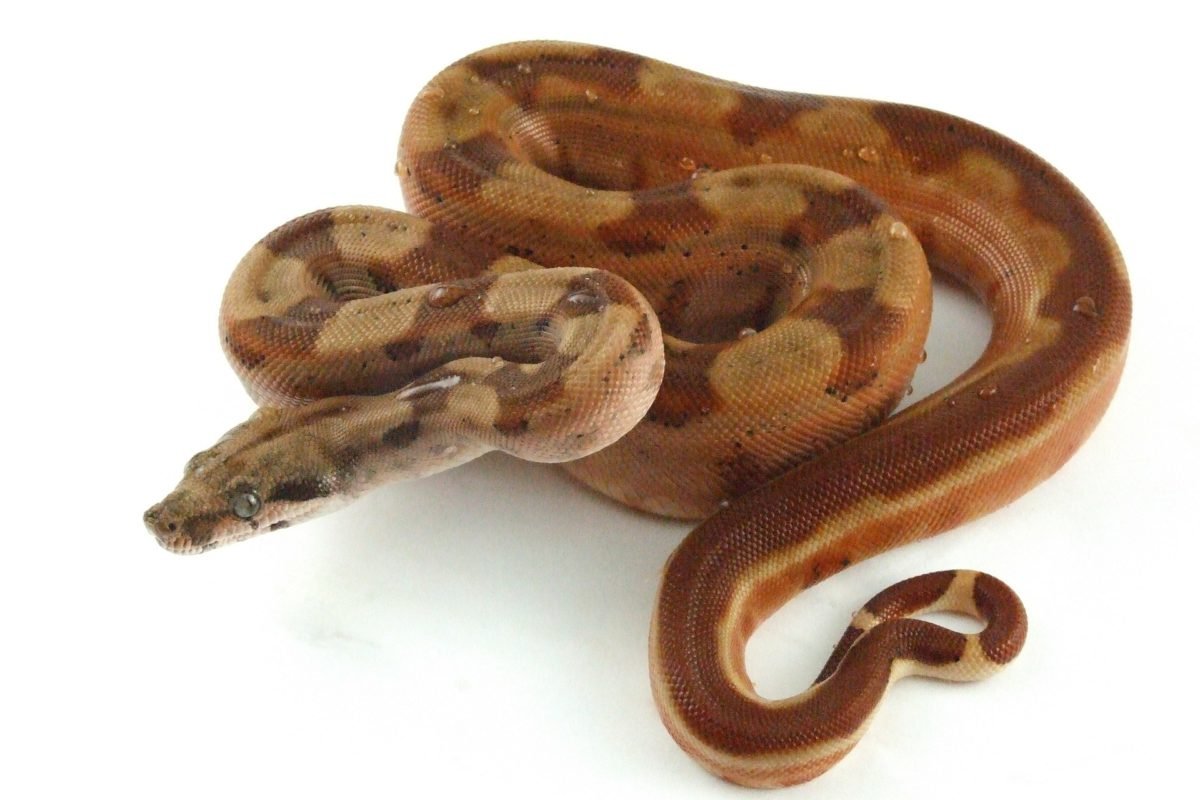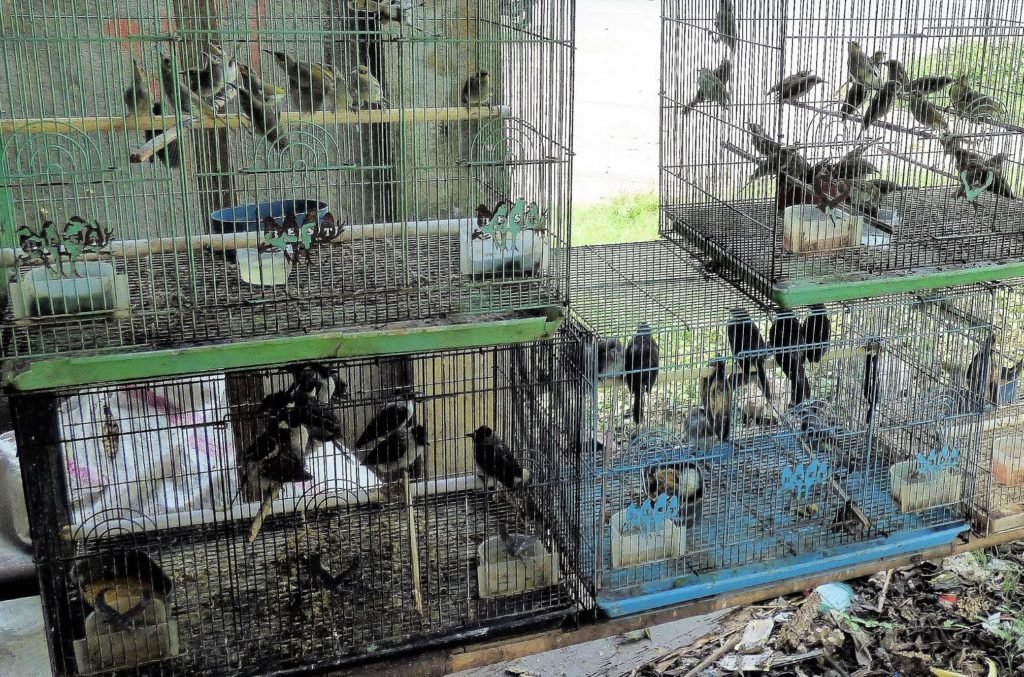On a recent trip to Cambodia I was saddened to see that the practice of releasing wild caught birds and other animals for merit is still flourishing. The tradition is variously called Fang Sheng, life release or merit releasing. Vendors on the waterfront in Phnom Penh near the Royal Palace and at the iconic temple of Wat Phnom were being kept busy with a stream of worshippers eager to buy. Cages containing thousands of stressed birds were lined up alongside the flower sellers and buyers were oblivious to their plight which seems at odds with Buddhist beliefs and doctrines.
Unfortunately the need to give life to another being in order to obtain good karma and cleanse ones past sins appears to override any consideration of the welfare of the animals that they buy and immediately release. The age old tradition dating back to at least the sixth century allegedly began with devotees buying animals destined for slaughter and literally saving their lives.
Now it is purely a trade in which turtles, snails, crabs, eels, snakes and live birds are made captive and sold for financial gain. The practice is prevalent across Asia and seems to be on the increase and causes more animal suffering than it prevents, undermining the original point of the ritual to save a life in danger.
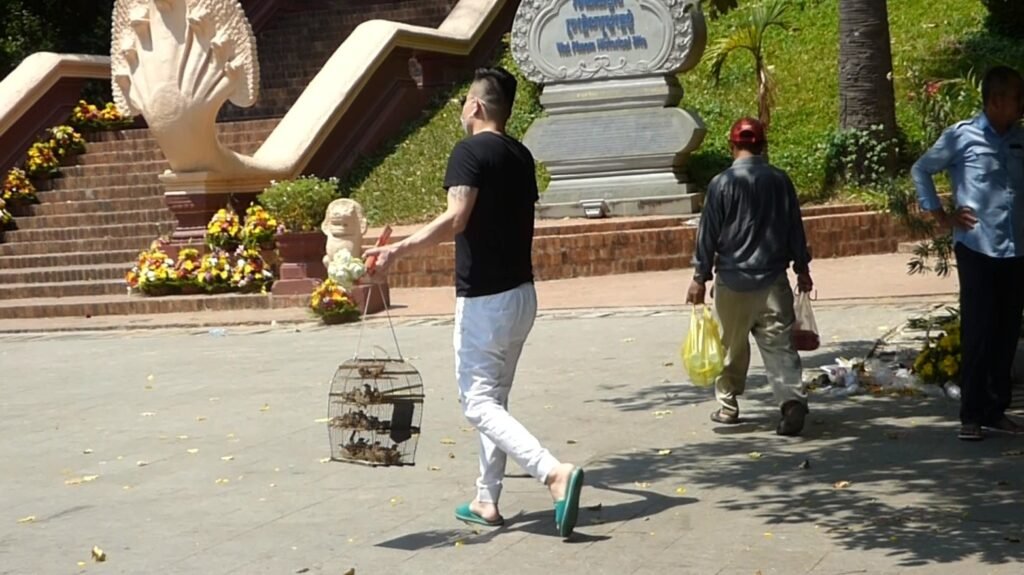
Trapping wild birds for the trade is indiscriminate. A recent study of the trade in Cambodia estimates 770,000 birds of 57 species are involved, many of which are endangered species ranging from owls and parakeets to finches and swifts. 10% tested positive for H5N1 bird flu which can cause illness in humans. In China alone it is estimated that 200 million animals are “freed” each year.
Sellers see no harm in it
The vendors use large “storage” cages containing over 400 small birds and then dispense a dozen or so into takeaway cages to take into the temple for blessing. This involves manhandling them which causes panic,injuries and stress. The vendors see no harm in it and believe the birds do not suffer.
Although the birds have food and water and the cages appear relatively clean it is the stress of capture, transport, overcrowding and constant manhandling that causes death and injury.
I watched in horror as one man dipped his cage of newly acquired birds in the nearby river to freshen them up and I saw another putting a dozen distressed finches into a sealed clear plastic bag as though they we produce from a supermarket.
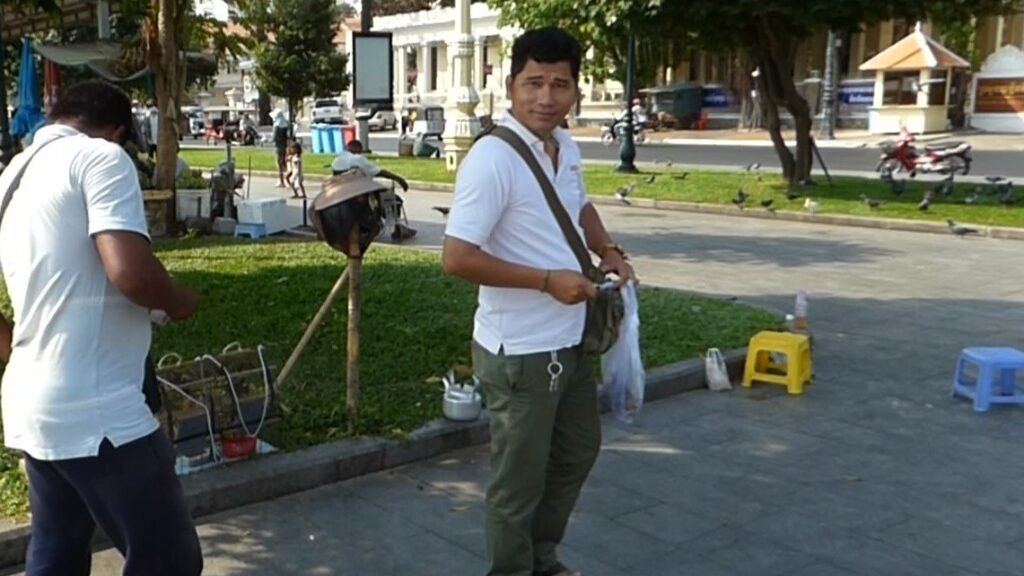
In Thailand the SPCA have managed to negotiate some cooperation from Buddhist temples who are trying to ban or remove sellers from outside their complexes but this is not widespread. Buddhists in the UK and USA also practice Fang Sheng often with dire consequences. In 2017, two London Buddhists received £28,000 in fines for a mass release of hundreds of non native lobsters and crabs into the sea from a boat off Brighton causing “untold damage” to marine life.
Consign the ritual to history
The Buddhist religion supposedly venerates the life of all beings and is against suffering and many temples help street dogs by feeding them and allowing them to rest in their compounds. They collect food and feed zoo animals and carry out other compassionate acts to animals. But at the same time monks get involved in the wildlife smuggling trade and keep monkeys and other animals confined in awful cages in their temple complexes. It is perhaps time for the Buddhist hierarchy to look at their mixed approach to their beliefs and consign practices like Fang Sheng to history.
